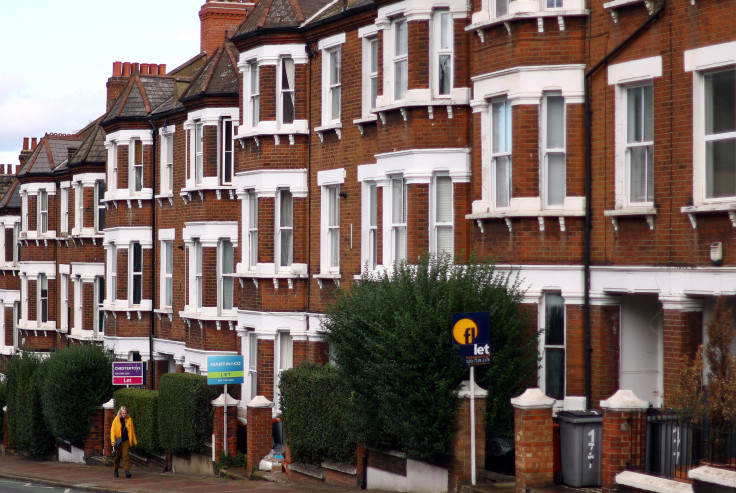UK Household Financial Struggles Soar Amid Cost-of-Living Crisis
The latest research from the consumer group Which? unveiled that 9.8 per cent of surveyed households admitted to missing or defaulting on payments for loans, credit cards, housing, or household bills during that period.

As the cost-of-living crisis intensifies, recent data paints a stark picture of financial challenges faced by UK households.
According to the most recent findings from consumer group Which?'s "consumer insight tracker" research, nearly one in 10 households in the UK failed to pay a major bill in the month leading up to November 10th, marking the highest level since April 2020.
The research, published on Monday, revealed that 9.8 per cent of the surveyed households admitted to missing or defaulting on payments for loans, credit cards, housing or household bills during this period.
Extrapolating from these figures, Which? estimates that approximately 2.8 million households grappled with significant bill payments during the same timeframe. The consumer body is now urging businesses to step up and provide more support to customers facing financial hardships.
Of those surveyed, 57 per cent reported making financial adjustments to stay afloat. These adjustments included cutting back on essential expenses, tapping into savings, selling possessions or resorting to borrowing to cover essential spending.
Furthermore, 16 per cent of respondents disclosed that they had skipped meals due to the escalating costs of food, while 8 per cent had prioritised meals for other family members, likely children.
Rocio Concha, the director of policy and advocacy at Which?, expressed deep concern about the situation, stating: "It's hugely worrying that one in 10 households missed essential payments in a single month. With Christmas and colder weather fast approaching, these pressures on household finances are only likely to worsen in the months to come."
She highlighted the need for businesses in crucial sectors like food, energy and telecoms to take proactive measures in helping customers secure reasonable deals and avoid unnecessary costs and charges, particularly during the winter season.
Concha proposed that supermarkets could contribute to alleviating financial pressure on shoppers, especially those with low incomes, by offering affordable budget-range essentials in their more expensive convenience stores.
The recent cold weather has only added to the financial strain on individuals and families. While the government provided a £400 discount on energy bills to every household last winter, irrespective of income, the scheme ended in March.
Consequently, many individuals with moderate incomes are now grappling with energy bills that are expected to average £1,928 a year after the Ofgem price cap adjustment in January.
In June, the Money Advice Trust reported that an estimated 5.5 million UK adults were behind on their energy bills, marking an increase of 2.1 million compared to March 2022. Despite calls from Citizens Advice for a social energy tariff for low-income individuals, the government has yet to implement such a measure.
For those struggling to afford essential payments, Which? advises immediate communication with the service provider, be it for energy, credit cards or mortgages. Seeking assistance promptly is crucial to navigating financial challenges effectively.
While the Department for Work and Pensions has highlighted the positive impact of cost-of-living payments, including a 10.1 per cent increase in benefits earlier in the year, concerns persist about the overall economic strategy.
A leading think tank and an academic research centre, the Resolution Foundation and the London School of Economics' Centre for Economic Performance, released a report calling for a new economic strategy to reverse 15 years of declining living standards and worsening inequality.
According to the report titled 'The Economy 2030', British productivity growth lags behind other affluent economies, resulting in an average annual loss of £10,700 ($13,577) per worker.
The study recommends shaping trade policies to leverage the strength of UK services firms, increasing transport investments in major cities like Birmingham and Manchester, and addressing the country's lowest public investment record among the Group of Seven economies.
Moreover, the report suggests targeted tax incentives for young firms and encourages individuals to take more business risks, proposing higher unemployment insurance as a safety net in case of failure.
The recommendations align with the commitment of both the ruling Conservative Party and the Labour Party, led by Keir Starmer, to boost economic growth as the nation anticipates a general election in 2024.
© Copyright IBTimes 2025. All rights reserved.






















